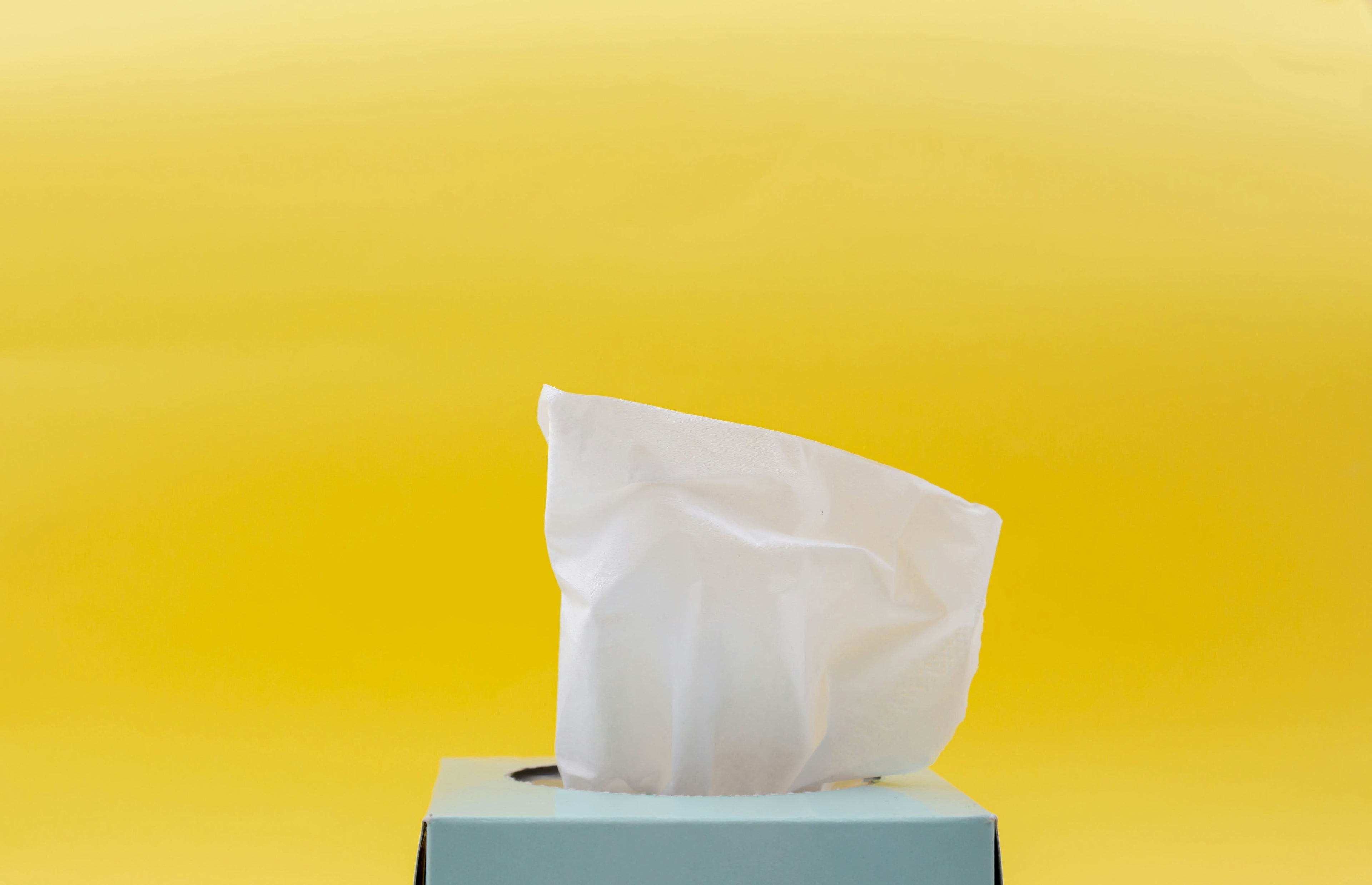Your immune system is a network of organs, white blood cells, proteins, enzymes, and chemicals that work in harmony to protect you from hostile invaders and help you heal from illness and injuries. This system has several modes.
Protection mode keeps pathogens from entering the body. Your skin serves the immune system by keeping toxins out. Small hairs in the nose keep pathogens out of the respiratory system, and acids, enzymes, sphincters and valves protect the digestive system from being overwhelmed by pathogens entering through the mouth. The adenoids and tonsils catch germs and keep them from entering the lungs, while the spleen and the appendix produce immune factors and reseed the gut after infection.
Detection mode helps immune cells decide if something is dangerous or safe. Small lymphoid follicles in the mucus membrane that lines your small intestine play an important role in immune surveillance of what enters your digestive tract. Small hair-like projections called cilia move pathogens upward that are breathed into the body so the body can either cough them out or swallow them back into the stomach. Tears form in the eyes to wash out pathogens and keep them from entering the body. The immune system of the body is divided into two subsystems. The innate immune system and the adaptive immune system. The innate immune subsystem has programmed detection for a large group of pathogens or toxins that would hurt you. Toxins, poisons, and pathogens that have been around the human gene pool for thousands of years will be recognized and dealt with by the innate subsystem’s inflammation response. The adaptive immune system is unique to each person as it learns to detect harmful molecules it has previously encountered.
Then there is attack mode where the immune system causes inflammation in the form of swelling, redness, hardness, oozing or weeping, then healing and crusting over. If you have ever had a blister, chickenpox, a pimple, a deep cut, sunburn, or an abrasion, you know that the process is the same.
Cleanup mode is where dead pathogens are removed by the lymphatic system. If the lymphatic system isn’t healthy, then it can’t remove garbage from the body. This collection of dead pathogens becomes food for bad bacteria, fungi, and parasites. They thrive on this trash. Lymph fluid can get stagnant from sitting too much or from a weakening of the walls of the veins and arteries. Lack of muscle tone can contribute to lymph stagnation. Even not drinking enough water can clog up the lymphatic system and compromise immunity.
And finally, there is a learning mode where the adaptive immune system makes a catalog of new pathogens and decides how it will respond when they appear again. When the immune system is compromised from stress in your body or in your life, it can begin to attack healthy tissue. When it does this, we call it an autoimmune disease. On the other hand, when the immune system is compromised from stress, it can fail to detect something as an enemy, so the body gets overwhelmed by a viral or bacterial infection, mold, heavy metals, parasites or other pathogens that make the body sick.
We don’t always come down with every sickness we are exposed to. If we did, we would all be dead! Germs don’t automatically make us sick, but when our immune system is compromised by nutrient deficiency or toxic overload, we can suddenly start catching every sickness that comes around or being allergic to nearly everything. Or else we don’t catch anything for years, then find out we have cancer. Both extremes indicate a compromised immune system.
We know that immunity consists of two defense systems—nonspecific, innate immunity and specific, adaptive immunity. Both these systems prevent pathogens from entering and flourishing in the body. They both detect what is friend and what is foe. They attack pathogens that they recognize as harmful. And they clean up rogue or abnormal cells that can potentially develop into cancer. Knowing this, cancer makes much more sense. When the immune system is overwhelmed with stressors—when it hits allostatic load or the tipping point, it can’t adapt to or recover from stress, then it falls down on the job and abnormal cells flourish. Cancer isn’t some just germ that we catch; when the immune system is overwhelmed to the point that it can’t recover and do its jobs of protection, detection, attack, learning, and cleanup, cancer can thrive.
Autoimmunity also begins to make sense. Your body isn’t broken! You don’t have to be sick all the time! Your immune system is merely overwhelmed and cannot adapt to nor recover from the stress it encounters. You can restore and retrain your immune system with the right effort, consistency, knowledge and wisdom!

